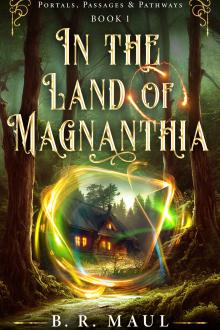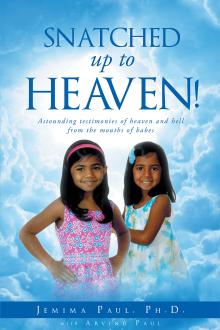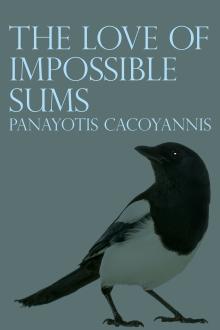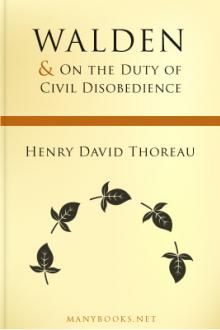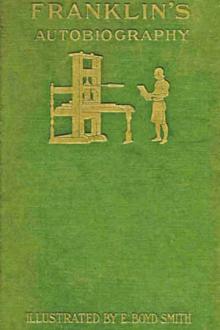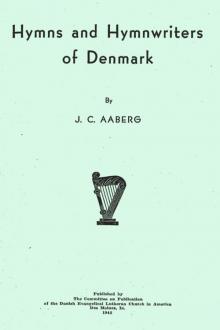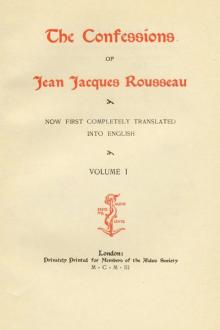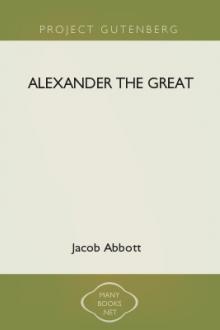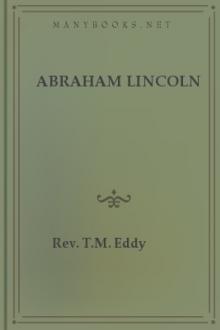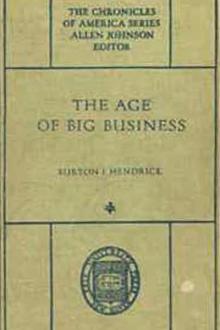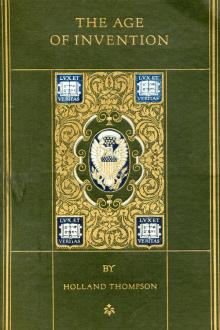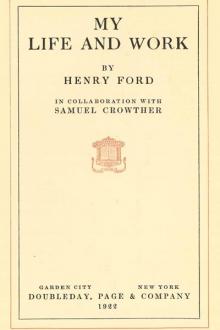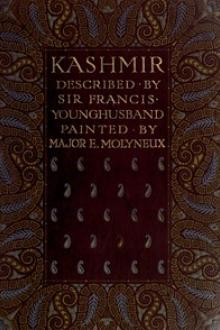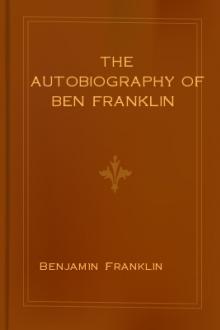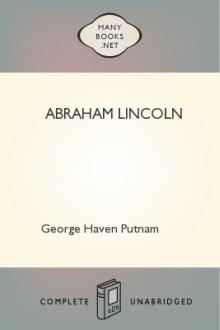Mozart: The Man and the Artist, as revealed in his own words
Mozart: The Man and the Artist, as revealed in his own words
This German composer was not only a musical genius, but was also one of the pre-eminent geniuses of the Western world. He defined in his music a system of musical thought and an entire state of mind that were unlike any previously experienced.
Book Excerpt
When he was twenty-two years old Mozart wrote to his father, "I am strongly filled with the desire to write an opera." Often does he speak of this ambition. It was, in fact, his true and individual field as the symphony was that of Beethoven. He took counsel with his father by letter touching many details in his earlier operas, wherefore we are advised about their origin, and, what is more to the purpose, about Mozart's fine aesthetic judgment. His four operatic masterpieces are imperishable, and a few words about them are in place, particularly since Mozart has left numerous and interesting comments on "Die Entfuhrung aus dem Serail." This first German opera he composed with the confessed purpose of substituting a work designed for the "national lyric stage" for the conventional and customary Italian opera. Despite its Hispano-Turkish color, the work is so ingenuous, so German in feeling, and above all so full of German humor that the success was unexampled, and Mozart could write to his father: "The people are daft over my opera." Here, at the very outset, Mozart's humor, the golden one of all the gifts with which Mother Nature had endowed him, was called into play. With this work German comic opera took its beginning. As has been remarked "although it has been imitated, it has never been surpassed in its musically comic effects." The delightfully Falstaffian figure of Osmin, most ingeniously characterized in the music, will create merriment for all time, and the opera acquires a new, personal and peculiarly amiable charm from the fact that we are privileged to see in the love-joy of "Belmont" and "Constanze" an image of that of the young composer and his "Stanzerl."
FREE EBOOKS AND DEALS
(view all)Popular books in Biography, Music
Readers reviews
0.0
LoginSign up
Be the first to review this book
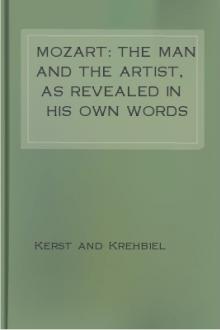
 Free Download
Free Download



